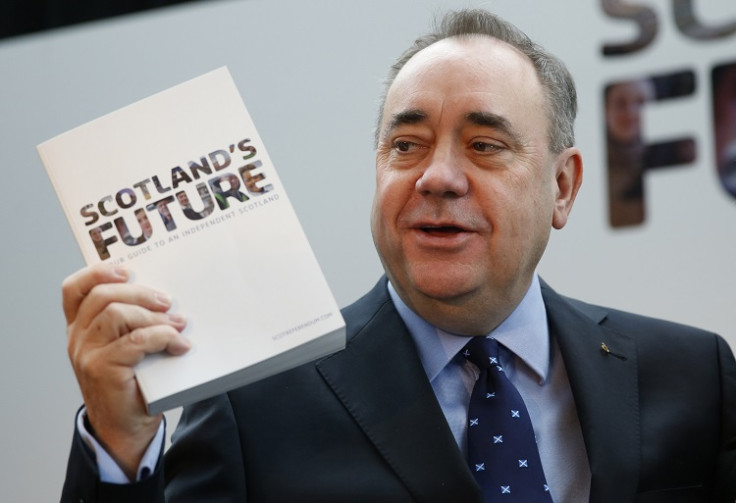Scottish Independence: Weir Commissions Independent Report to Cut Through Political Rhetoric

The Weir Group, one of Scotland's largest companies, is commissioning its own report into the implications of an independent Scotland in a bid to cut through political rhetoric on either side and to answer "some very serious questions."
The engineering firm's leader, Keith Cochrane, expects to publish the report by early April this year, which is set to unveil the impact Scottish independence will have on currency, pensions, trade and taxation.
"This is a big issue, the debate needs to be focused on objective facts. Alongside other voters, I will personally be able to participate on 18 September, but I think it's really important that business contributes to that debate," said Cochrane, when he announced the group's 2013 financial results.
Weir employs about 14,000 people in more than 70 countries and UBS analysts have described it as "one of the most attractively positioned mining equipment businesses."
Scottish people will vote in an independence referendum on 18 September this year and will be asked the straight "yes/no" question: "Should Scotland be an independent country?"
On 24 February, the Scottish National Party's leader Alex Salmond attempted to diffuse some of the attractive pledges that the UK government has promised for Scotland's oil and gas sector by claiming that the country would be better at managing the lucrative energy industry post-independence.
Speaking on BBC Radio 4, Salmond said that the oil and gas would be more stable, if Scots voted to leave the UK in September this year.
"One of the things that a Scottish control of oil and gas would offer is a much more stable long-term policy," said Salmond.
Salmond added that the UK government has already made 16 changes to the oil and gas sector in the North Sea over the last decade.
Prime Minister David Cameron revealed that the UK government is aiming to cut the red tape surrounding Scotland's oil and gas sector in a bid to unlock £200bn (€242bn, $343bn) reserves and win support for the country to remain part of Britain.
"I promise we will continue to use the UK's broad shoulders to invest in this vital industry so we can attract businesses, create jobs, develop new skills in our young people and ensure we can compete in the global race," said Cameron in a statement.
© Copyright IBTimes 2025. All rights reserved.






















